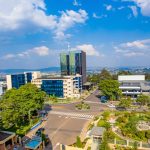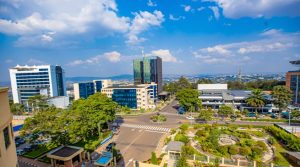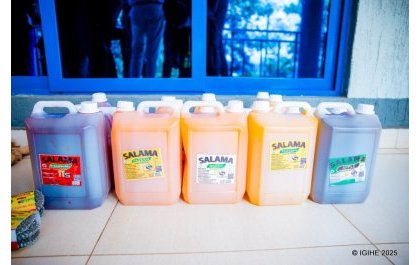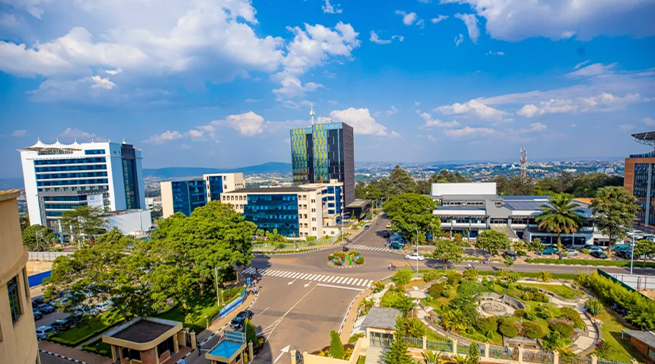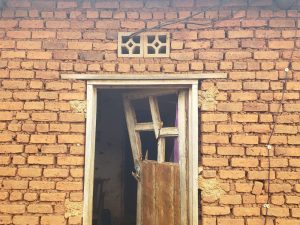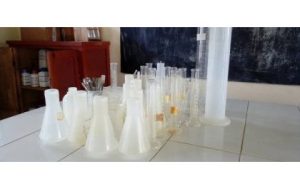The Rwanda National Police has closed four factories found producing contaminated or substandard food and beverages, with some employing unqualified workers and operating in extremely poor conditions.
According to Police Spokesperson ACP Boniface Rutikanga, while industries are expected to create jobs and contribute to the country’s development, it is shameful that some are run by people who exploit workers, pay them poorly, and hire individuals with no professional background in food processing.“When someone starts a factory or a business, they are expected to provide quality products that meet people’s needs,” ACP Rutikanga said during a press briefing on October 20, 2025. “But these factories were hiring untrained workers who had no idea what they were doing, paying them very little, and operating outside the law.”
Factories Closed
Among the factories shut down was Joyland Company Ltd, located in Mageragere Sector, Nyarugenge District. The company produced Salama Juice and also manufactured steel wires used for cleaning cooking pots without proper authorization.
Another factory, Skyblue Ltd, located in Gasabo District and owned by Ntwali Albert, produced a beverage known as Intwali. It was closed due to poor hygiene and unsanitary working conditions.
A third one, NI&P Ltd, owned by Nizeyuhoraho Pierre and based in Nyarugenge District, was shut down after being caught illegally selling ethanol, a chemical substance used in brewing alcohol. The owner reportedly fled after the closure.
The fourth case involved Sebahinzi Emile, who was found mixing illegal chemical substances and bottling them as alcoholic drinks for sale.
Unsafe and Exploitative Practices
ACP Rutikanga noted that some of these factories posed serious health and safety risks, not only to consumers but also to workers.“The environment around one of the factories was visibly toxic, with dried vegetation nearby,” he said. “Imagine what would happen to a person especially a child working there every day for months or even years without any protective gear.”
He added that workers in these factories were often exploited, with some being street children recruited from Nyabugogo because they were easy to manipulate and paid very little.
Health and Economic Concerns
Rutikanga warned that such illegal production practices threaten public health, as contaminated and chemically altered products can cause chronic illnesses.
“We now see children as young as ten suffering from diseases like diabetes and stomach ulcers,” he explained. “It’s not far-fetched to link some of these cases to the harmful products being consumed. These substances are weakening our nation’s productivity and destroying our youth.”
The Police Spokesperson also questioned the credibility of these factories’ tax compliance, noting that some pretended to have proper machinery during inspections while secretly using unapproved equipment.
Authorities have vowed to continue strict inspections under Operation Usalama, aimed at protecting public health and ensuring all factories operate within the law.
Author: Justinmind HARERIMANA


